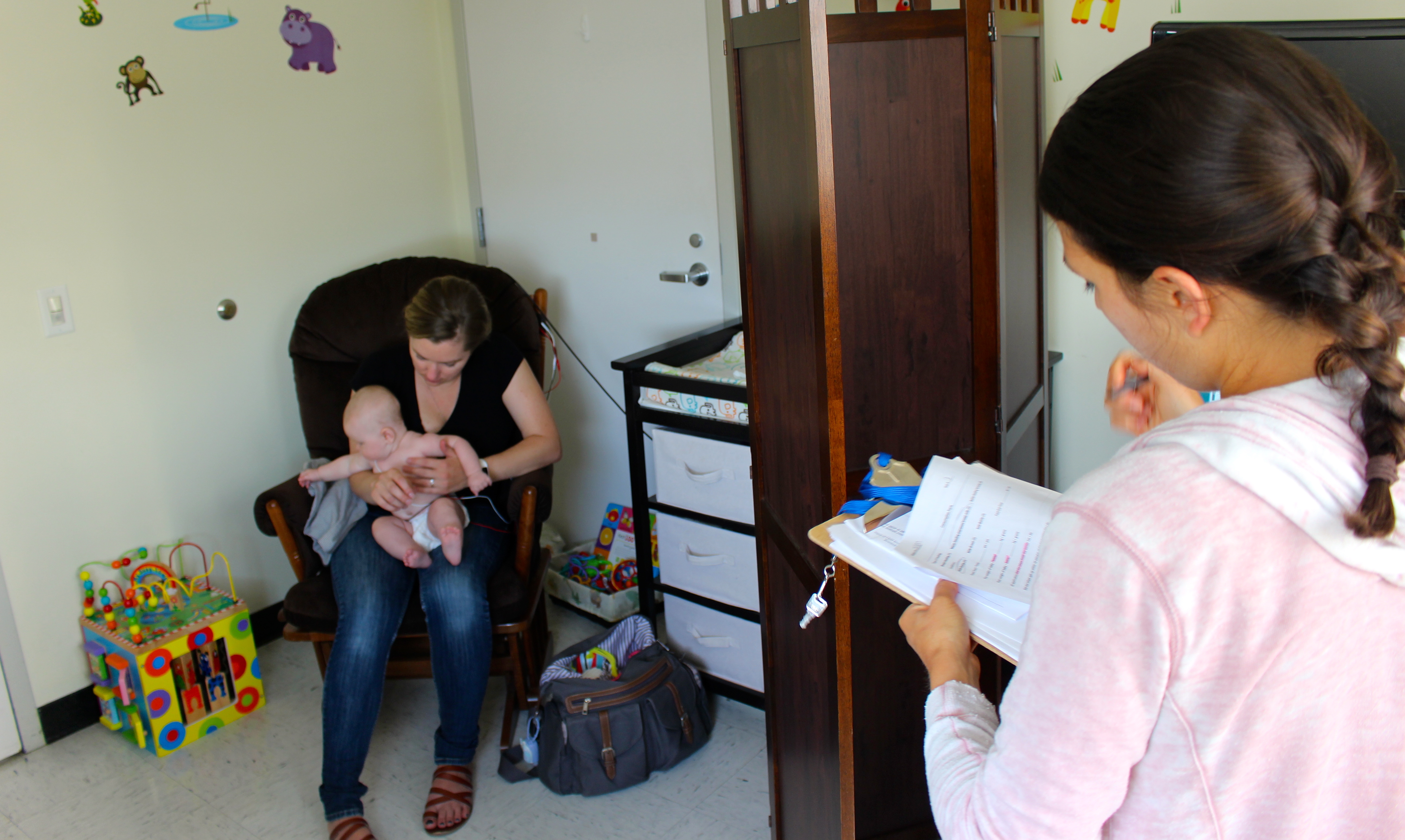CHR receives $10.7 grant to study effect of “ food is medicine” in diabetes prevention

Can medically tailored meals help prevent high-risk postpartum patients from developing diabetes? CHR investigator Suzanne Phelan, PhD, hopes she and her team will answer this question as part of her newest study funded through the Patient-Centered Outcomes Research Institute (PCORI). The $10.7 grant is the largest grant Phelan has received to date.
Having gestational diabetes, when blood sugar levels increase during pregnancy, can significantly increase a patients’ chance of developing type 2 diabetes and cardiovascular issues later in life. This is especially true of populations who face social risk factors such as race, access to food, and poor work environments. Phelan will lead the project, partnering with Brown and Northwestern Universities and local home visiting programs to reach approximately one thousand low-income participants that are most at-risk of these postpartum complications. These participants will receive education and meals delivered to their home.
By doing this, Phelan said that researchers can hopefully address two of the most pressing issues these participants face – food insecurity and risk for diabetes.
“Gestational diabetes mellitus is rapidly rising in prevalence and affects food-insecure, low-income women the most,” Phelan said. “What an opportunity we have. By giving [participants] food we are addressing food insecurity and health issues at the same time.”
Research has found that medically tailored meals result in significantly better glucose and weight management, improved food insecurity and dietary quality for patients with diabetes. Phelan’s research is the first to study whether these meals can also reduce the risk of diabetes in postpartum women who had gestational diabetes.
Phelan hopes that findings will persuade policy changes in more states. In addition to Phelan, the research team includes Drs. Rena Wing and Stephanie Parade of Brown University, and Drs. Darius Tandon, and Jenny Jia, of Northwestern University.
Researchers in California, Rhode Island. and Illinois will recruit participants already receiving services from community health workers and nurses as part of home visiting programs. Participants will all enter the program during pregnancy or right after giving birth, and have their weight, blood levels and other measures checked throughout the study.
These participants will all randomly be assigned to a treatment group with half receiving lifestyle intervention counseling and the other half receiving this counseling in addition to medically tailored meals delivered to their home.
Cal Poly staff will train workers to deliver these interventions and will be collecting physical assessment measures remotely. Phelan received the grant in May 2025 and is currently finalizing the program. She and her research team plan to start enrolling participants in January of 2026.
Phelan has been studying the health effects of lifestyle change programs in postpartum people for over two decades focusing on the low-income and migrant populations who face higher obstacles to maintaining healthy lifestyles.



